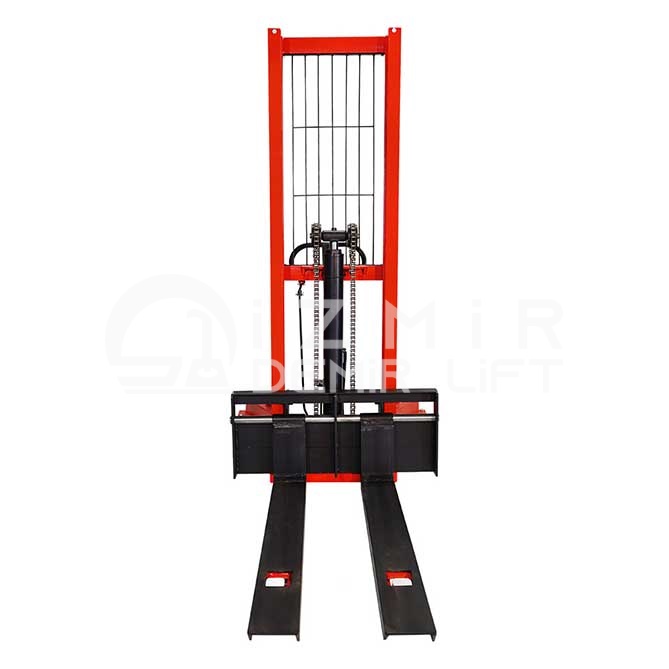
Today, warehouse operations require the efficient management of large-scale material handling and storage processes. Stackers play an important role in these operations and are a great help in the transportation, storage and organization of materials. However, cooperation and coordination are of great importance for the efficient operation of stackers and the smooth running of warehouse operations. In this article, we will examine the importance of cooperation and coordination in stackers and warehouse operations.
Efficient Material Flow:
Collaboration and coordination ensure that material flow occurs efficiently in warehouse operations. Stackers ensure warehouse order by moving materials to the right places. However, it is not possible for stackers to work efficiently without interaction with other teams and workers. Thanks to cooperation and coordination, material flow is constantly monitored, information is shared between workers and stackers, and all teams are ensured to work harmoniously.
Safety and Risk Management:
Collaboration and coordination are critical to safety and risk management in warehouse operations. Since stackers carry large and heavy loads, strict adherence to safety protocols and procedures is required. Collaboration and coordination allow teams to work together to provide a safe working environment and prevent risky situations. Communication and coordination between workers and forklifts help prevent accidents and ensure the safety of warehouse operations.
Efficiency and Performance:
Collaboration and coordination increase the efficiency of warehouse operations and optimize their performance. Forklifts must work in harmony with other teams to move and organize materials on time. Through collaboration, workers can follow the movements of forklifts and ensure that materials are placed correctly. Coordination, on the other hand, makes operations run smoothly and eliminates unnecessary waiting times. As a result, collaboration and coordination increase the efficiency of warehouse operations, reduce errors and help increase customer satisfaction.
Flexibility and Adaptation:
Collaboration and coordination provide flexibility and adaptation in warehouse operations. Warehouse businesses must adapt to constantly changing demands and market conditions. Collaboration between forklifts and other teams ensures rapid response in situations that require flexibility. At the same time, coordination ensures harmonious movement between all components of operations and adapts to rapid changes.
As a result, collaboration and coordination in forklift and warehouse operations are critical to a successful and efficient business. Effective communication, information sharing and coordination must be ensured between workers, forklifts and other teams. In this way, material flow occurs in an orderly manner, safety is ensured, efficiency is increased and flexibility is provided. In a warehouse operation where collaboration and coordination exist, all teams working together will bring success.